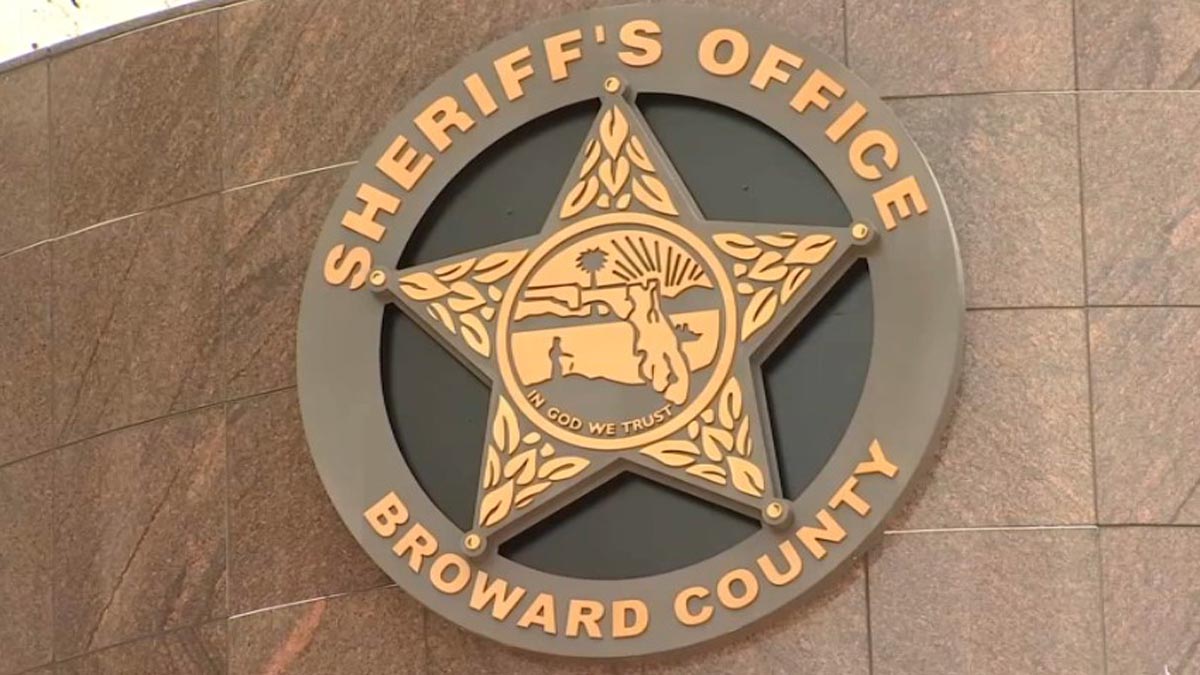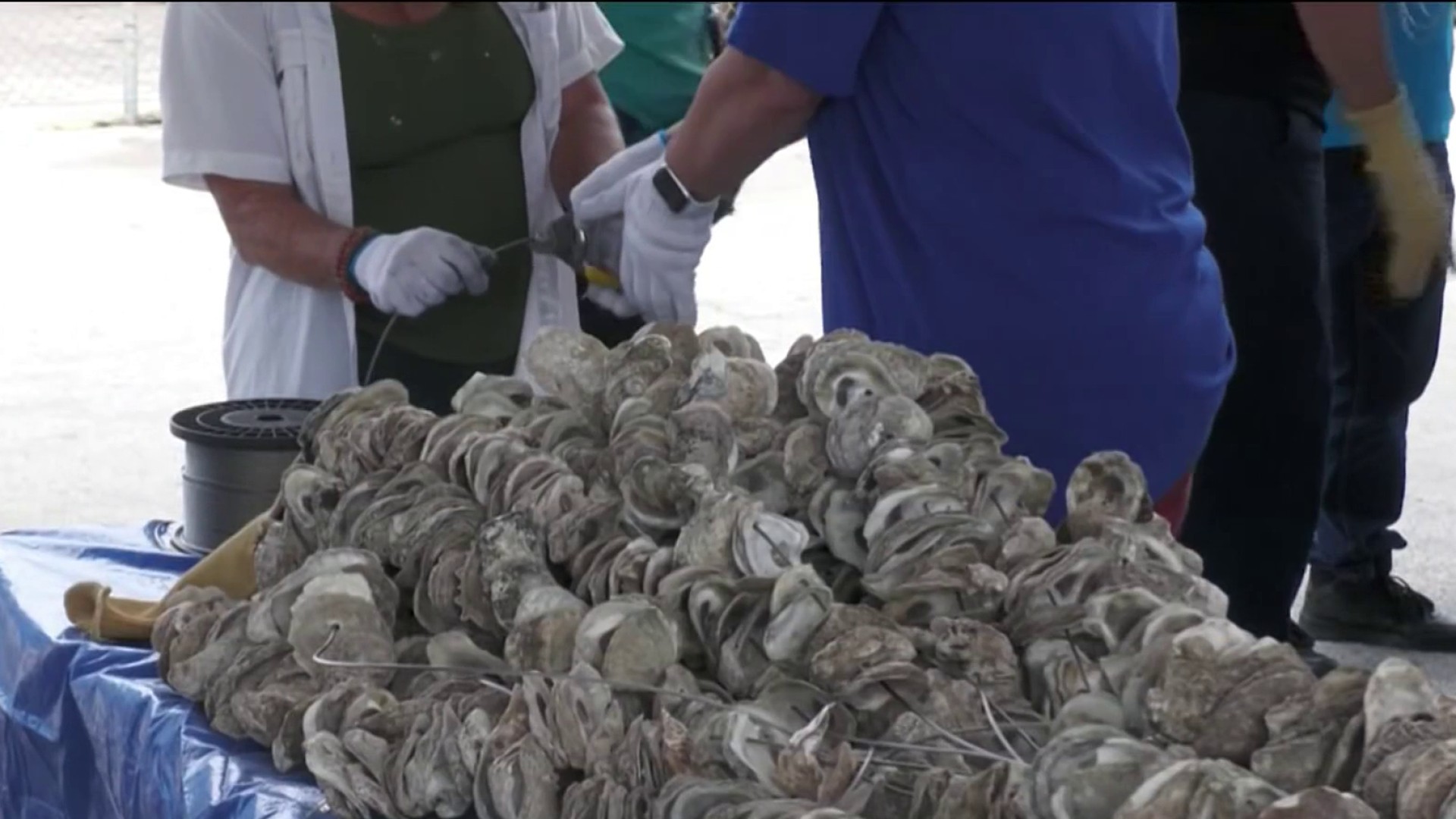Seemingly overnight, a vaccination site popped up Thursday in Overtown, the heart of Miami's Black community.
The site allows anyone 65 and older to walk in without an appointment and get a dose of the coronavirus vaccine.
The public learned of it Thursday morning when Gov. Ron DeSantis announced six new sites that would be opening statewide. They include the Overtown site, at 1551 NW 1st Avenue; one at Broward College; and another at Oak Grove Park, at 690 NE 159th St. near North Miami Beach.
The new facilities are part of DeSantis's effort to make the vaccine more available to minority communities, which have lagged behind whites statewide when it comes to getting the vaccine.
Get South Florida local news, weather forecasts and entertainment stories to your inbox. Sign up for NBC South Florida newsletters.
Standing beside DeSantis in Jacksonville Thursday, A. Zachary Faison Jr., president of historically Black Edward Waters College, spoke about the reasons the Black community is not being vaccinated at the rate others are.
"While many communities around our nation, around our state, really ballyhooed the arrival (of a vaccine), other portions of our community, particularly portions of the African American community, met the news with some understood fear and trepidation," Faison said.
Outside an Overtown convenience store this morning, Stanley Franklin agreed, saying, "Historically the issue would be a matter of trust."
Local
Both he and Faison cited the Tuskegee Experiment, during which hundreds of Black men who had syphilis were not properly treated for it by the U.S. government, even after the researchers knew it could be treated with penicillin.
"When people have resisted, that I’ve spoken to, that's the first issue that they bring up," said Franklin, who added he was eager to get the vaccine as soon as he's eligible.
"I would have to do that," he said on what was his 58th birthday. "I would like to get back to work."
Vaccine hesitancy is not the only factor suppressing Black turnout at vaccination sites.
There are also economic hurdles, which are higher in under-served elderly communities, like internet access, transportation or having proper forms of identification.
Standing one block away from the Overtown site, which had barely any patients on its first day of operation, 66-year-old Robert Mans said he'd walk over to get a shot but for one problem.
"I don’t have an ID," he said. Identification is required to prove the person is at least 65 and a Florida resident. "I don’t have it. I need it, though," Mans said.
Whatever the reasons, Black Floridians make up about 18% of the state and Miami-Dade County populations, but 6% to 8% of those getting at least one shot.
Enter DeSantis and his new program to pump 200 shots a day into targeted communities: "We also are proud of doing over 65 events with faith-based organizations, mostly church and predominantly African American churches," DeSantis said Thursday.
According to the state Department of Health COVID reports and other sources, Black Floridians comprise:
- 17% of state population
- 13% of coronavirus cases
- 21% of virus-related hospitalizations
- 16% of virus-related deaths
- 5.6% of people vaccinated
In Miami-Dade, they comprise:
- 18% of county population
- 8% of coronavirus cases
- 18% of virus-related hospitalizations
- 16% of virus-related deaths
- 7.7% of people vaccinated
The share of cases is not precise, because the race is unknown for many of those who have been infected.
EDITOR'S NOTE: A previous version of this story incorrectly described the Tuskegee Experiment. Those participants who had the disease contracted did prior to the study and they were not intentionally infected with syphilis. We regret the error.



